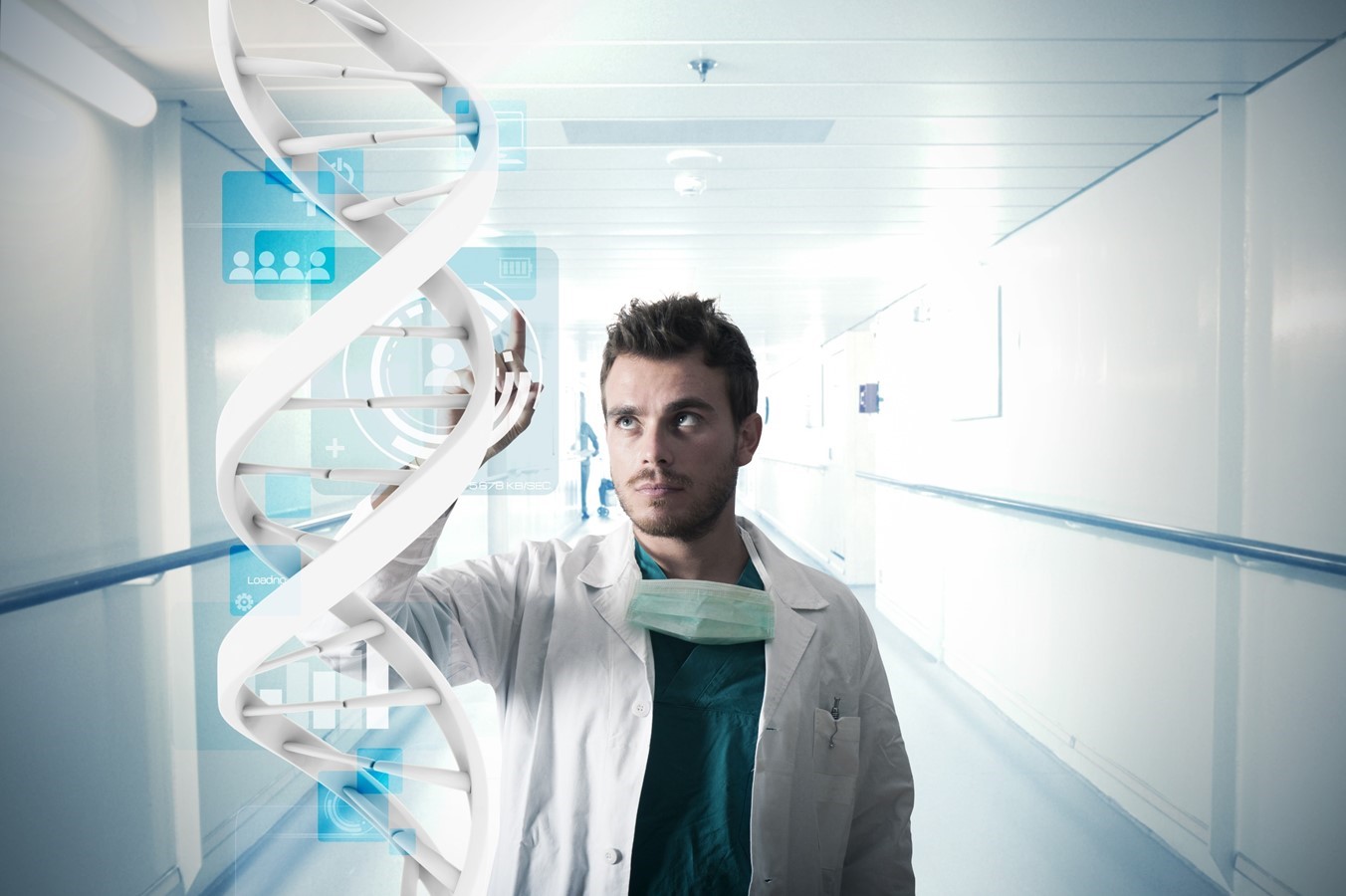It’s not a scenario any of us want to contemplate. But if you find yourself in the emergency department today then your electronic patient record will be critical in determining a positive outcome.
While this information is helpful, it may not be enough to treat your particular complaint effectively. That’s because your electronic patient record is unlikely contain data about your genetic makeup and your personal circumstances.
To get the complete picture about your healthcare, the doctor will benefit greatly from real-time access to a variety of information, such as data about your metabolome, transcriptome, genome, methylome, proteome, microbiome, as well as social and device data.
That’s a tsunami of information!
How could the emergency department doctors – who have probably never met you before – possibly process that much information in the short time they have to assess you? The truth is they can’t. It requires high-powered computing power and the application of machine learning to process a tsunami of information.
Machine learning is a type of artificial intelligence and there are many ways it can be applied to healthcare. For example, machine learning can find combinations of drugs that should not be taken together, it can predict the risk that a patient may be re-admitted following a hospital stay, and it can assist with decisions about what condition a patient might have, or what treatment might work best for this patient.
Applying machine learning to healthcare is a significant development. At Orion Health we believe it’s an area in which New Zealand can lead the world. We are a founding partner in one of the largest ICT research projects ever undertaken in this country, called Precision Driven Health, which is creating the capability to optimise the health of every individual by combining and learning from all available data.
This exciting initiative is co-founded by Orion Health, Waitemata District Health Board and the University of Auckland, with support from the Ministry of Business, Innovation and Employment. You can find out more at precisiondrivenhealth.com.
To learn more about how machine learning could one day save your life, see our report Introduction to Machine Learning in Healthcare here.




